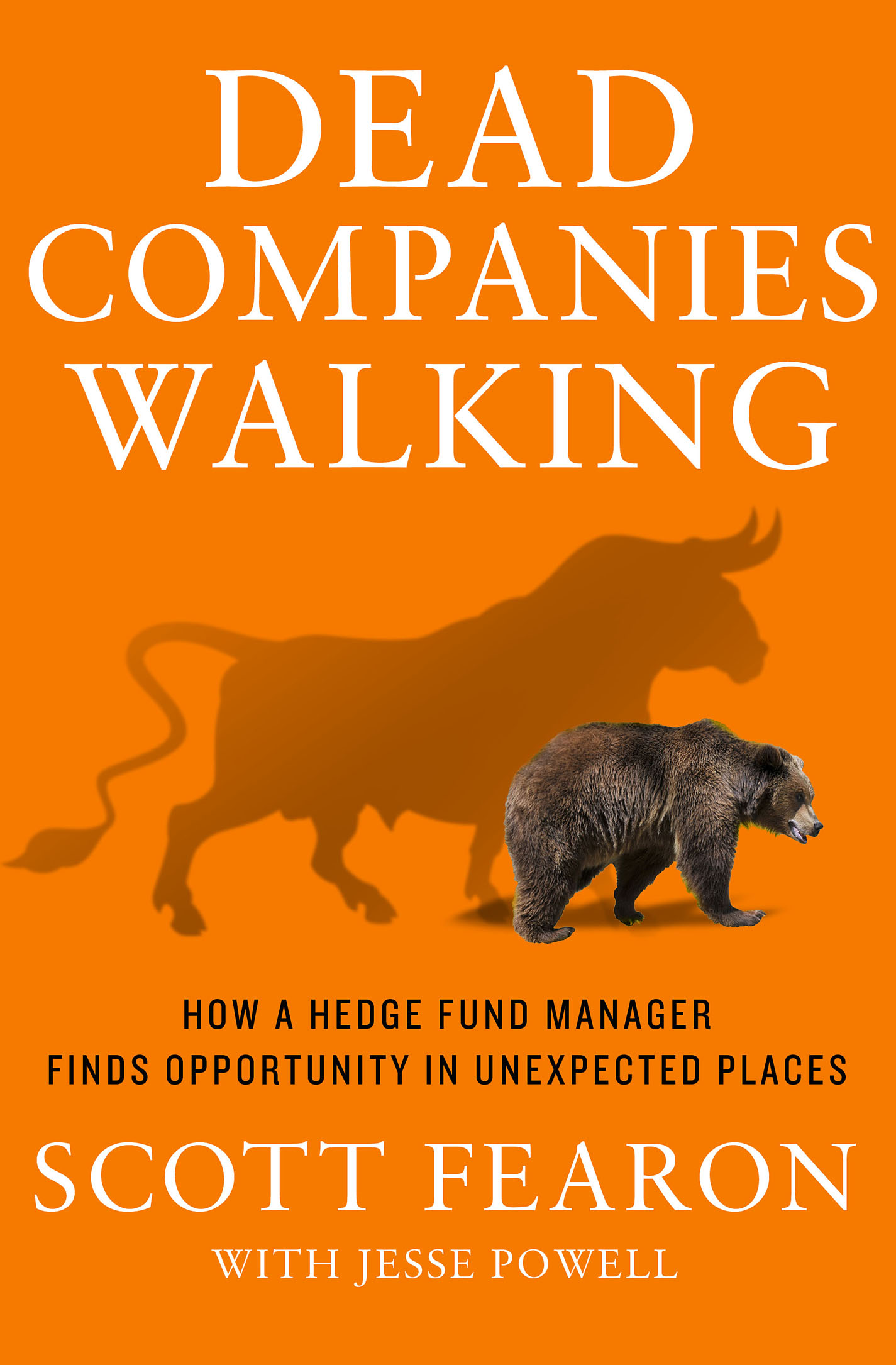
Dead Companies Walking
How A Hedge Fund Manager Finds Opportunity in Unexpected Places
کتاب های مرتبط
- اطلاعات
- نقد و بررسی
- دیدگاه کاربران
نقد و بررسی

October 6, 2014
Hedge fund manager Fearon shares his take on why companies fail in this surprisingly entertaining mix of business guide and memoir. Fearon, now exceptionally successful, isn’t shy about revealing some of his financial missteps, the earliest being in the summer following his graduation from Northwestern University, when he started a job in Houston just as the oil industry crashed. But, as he insists, his mistakes—and his observation of others’—have helped him recognize key warning signs of a company about to tank. Fearon also identifies such common errors as viewing the “recent past” as “history,” “confusing formulas with good decision making,” and “confusing your own tastes for the tastes of your customer.” His entertaining tales of the business world include notable failures with inline skating investments, NordicTrack, and Blockbuster, paired with success stories like Zale Corporation and International Gaming Technology. And he isn’t afraid to dish about the many nefarious people and companies he’s encountered during his career in the financial industry. The final takeaway of this spirited book is that “learning to love failure all over again” can help America recover the adventurous spirit that Fearon believes our economy needs.

November 1, 2014
Hedge fund owner/manager Fearon contrasts the methods of Wall Street experts and gurus, and the self-deception and illusions of many business managers, with his own ability to profit from such vulnerabilities.The author has ridden the roller coaster of finance and investment since the collapse of the Texas oil patch in the 1980s. Along the way, he became a successful investor by shorting the stock of companies destined to fail, and he founded his own hedge fund in 1991 and continues to run it. Fearon passed through a succession of investing styles as he worked to understand how self-delusions, obsessions and manias obstruct business success. Insights assimilated from his own failures-like the gumbo restaurant he located amid a non-Southern, spicy food-eating demographic, among others-were fuel for his subsequent successes. Number-crunching analysis, writes the author, doesn't function on its own, and he includes stories and incidents derived from thousands of interviews conducted with the leaders of companies to illustrate the methods that have worked for him. The author uses Ron Johnson, who was put in charge of J.C. Penney, as an example. He lost $1 billion eliminating popular coupon programs, replacing discount products with upscale goods and dropping the use of Spanish in states like Texas. Johnson wanted to build a company where he and his friends could shop, but J.C. Penney's customer base refused to go along. During his research, site visits and interviews helped Fearon probe beneath the rationalizations for failure. When managers blame external factors and refuse to consider the possibility of internal problems, it's another sure sign of trouble. Thus, when earnings are falling or nonexistent and liabilities are increasing, bankruptcy is at hand. The author also discusses successful investments, like International Game Technology which can make more money more quickly than the best shorts. Sharp insights into human fallibility as a potential source of moneymaking opportunity.
COPYRIGHT(2014) Kirkus Reviews, ALL RIGHTS RESERVED.

























دیدگاه کاربران